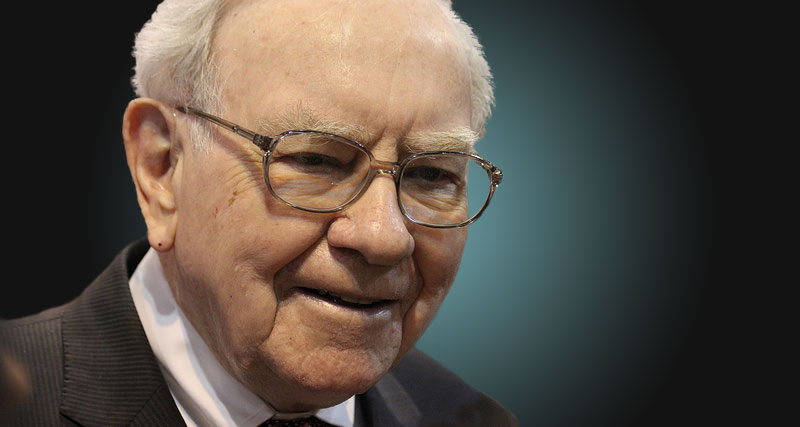Restaurant Brands International Inc. (TSX:QSR)(NYSE:QSR) is slated to redeem ~$3 billion worth of preferred shares owned by Warren Buffett and Berkshire Hathaway Inc. this week. Restaurant Brands announced late last year its intent to pay Buffett back, as it looks to eliminate its massive debt load — a trait that has kept many investors on the sidelines since the company’s inception.
With Buffett’s 9%-yielding preferred shares paid back, Restaurant Brands will be able to beef up its free cash flow stream and reinvest it in same-store sales growth, driving initiatives for its chains. Management has done a spectacular job with Burger King thus far, but the Tim Hortons and Popeyes Louisiana Kitchen brands have seen sub-par comps of late.
The underwhelming numbers at Popeyes Louisiana Kitchen are forgivable, since the company hasn’t really had as much time to digest the deal, but Tim Hortons’s weak comps have been drawing a lot of negative attention with some pundits pointing the finger at the recent public dispute between Tim Hortons franchisees and the management team at Restaurant Brands.
Burger King has been doing most of the heavy lifting for shares of Restaurant Brands lately. The chain saw organic EBITDA surge 16% in the last quarter, which offset the weak results from Tim Hortons; recent menu innovations clocked in some pretty underwhelming sales.
Sure, it’s nice to see that Burger King is still able to thrive in the competitive fast-food landscape, but investors appear to be fed up with Tim Hortons and sub-par results.
Following Bill Ackman out of the stock is probably a bad idea
Many investors have thrown in the towel at Restaurant Brands following the announcement that Bill Ackman sold a huge chunk of his firm’s shares. Combine this with the franchisee debacle and underwhelming Tim Hortons numbers, and you get a stock that has fallen ~10% from its all-time high.
I believe this dip is nothing more than a buying opportunity, since the negative developments at Tim Hortons are temporary and not detrimental to the company’s long-term fundamentals. In a previous piece, I’d noted that Restaurant Brands had already taken big steps to improve its relationship with franchisees, and that the recent weak same-store sales growth numbers were due to management’s lack of menu innovation.
A management team that has menu innovation in its veins
Burger King is arguably one of the most innovative companies out there when it comes to innovative menu items. With new items like Flamin’ Hot Mac n’ Cheetos, it’s clear that management is aggressive and isn’t afraid to experiment with new items that will capture the attention of fast-food fanatics. Burger King is known for its aggressive promotions and marketing campaigns as well, which compete with the likes of McDonald’s Corporation’s new value offerings.
Should Tim Hortons adapt the same aggressive menu-innovation strategy?
Probably not. The last thing Canadians want to see is a beloved iconic brand slowly turn into a Burger King. However, it’s important to remember that management is completely capable of delivering innovative hits, and it’ll just be a matter of time before the next big menu drives store traffic through the roof at Tim Hortons. Investors will just need to be patient as management gradually unlocks the potential behind the iconic brand.
Bottom line
Buffett’s payback will allow Restaurant Brands to have more financial flexibility, as its free cash flow stream readies for take-off. A forward ~22 price-to-earnings multiple is a ridiculously low price to pay for a business that can generate double-digit free cash flow per-share growth numbers over the next few years.
At this pace, the debt isn’t at all a concern, so worries over the company’s debt load and Tim Hortons’s recent struggles are creating a fantastic entry point for growth-hungry Canadian investors who want to get an incredible stock at a significant discount to its intrinsic value.
Stay hungry. Stay Foolish.








